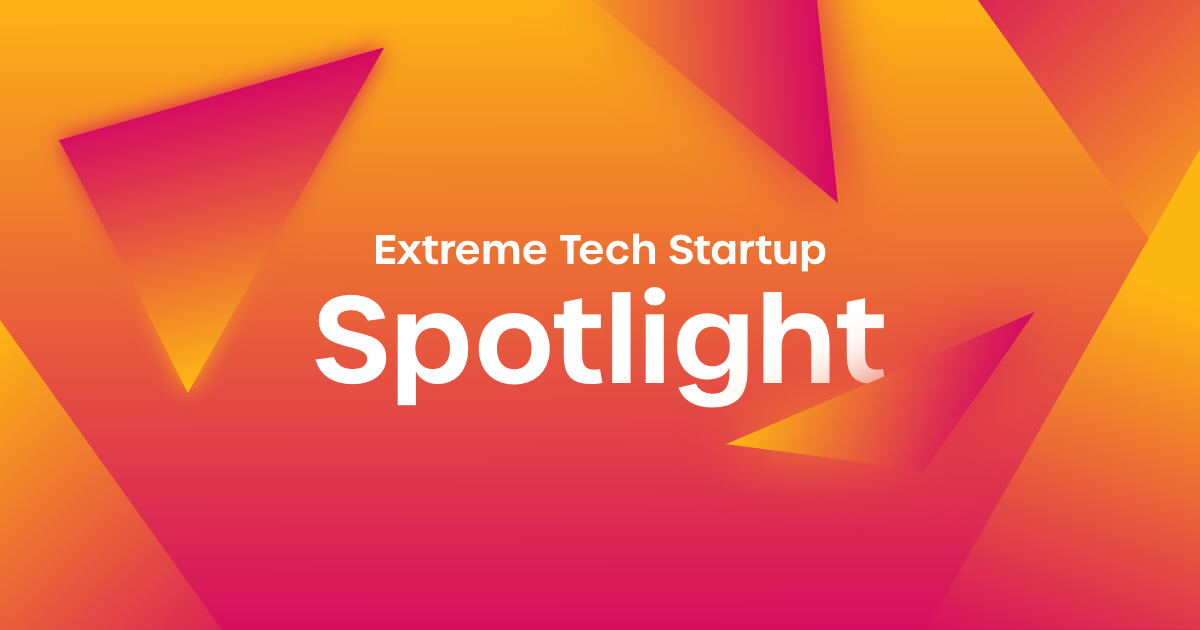This week in our Startup Spotlight blog series is our 2020 XTC Healthcare Finalist – Elucidata!
A pharmaceutical “Bloomberg service” to accelerate discovery.


Six Questions for Dr.Abhishek Jha, CEO and Founder, Elucidata of USA and India
Dr. Jha received his Masters in Chemistry from IIT, Bombay and his PhD from the University of Chicago, followed by post-doctoral work on computation models of immunology at MIT. This lead to a 5-year career as a Senior Scientist at Agios Pharmaceuticals in Cambridge, MA where he led Agios’s team to develop algorithms and tools to analyze metabolomic data to support multiple drug programs, developed an algorithm to integrate high-throughput metabolic data with transcriptional data and designed and deployed visualization tools for clinical data. His experience at Agios inspired him to start a business to build technology and solutions to enable data scientists like him, which became Elucidata when launched in 2015.
1. What problem is ELUCIDATA solving and how?
Approximately 30% of all the world’s data volume is now being generated by the healthcare industry, according to RBC Capital Markets, and by 2025 the compound annual growth rate for health data will be 36%. This spans data from your wearables, doctor notes, population-level genetics, etc.
Unfortunately, data being available is not the same as data being usable. In a famous interview the CEO of Novartis, Vas Narasimhan, noted that they had gotten “very little impact” so far from AI/ML because they learned “the importance of having outstanding data to base your ML on…we’ve had to spend most of the time just cleaning…before you can even run the algorithm. That’s taken us YEARS just to clean the datasets”.
In my own professional experience when I was working on drug development at Agios, often we would initiate AI projects but they would rarely take off. The valley of death was data that was not clean and linked. At Elucidata we have committed to building the technology to clean and link biomedical data at scale.
2. What is your background that led you to founding ELUCIDATA?
My days at Agios led me to found Elucidata in 2015. I was an early member of the platform team at Agios Pharmaceuticals and supported multiple drug discovery programs, three of which have now been approved by the FDA. My worldview about the enduring impact that science and technology have on the lives of patients and their families, in the most intimate way, was shaped by my days at Agios.
More specifically, I had a better appreciation of the impact data science can have on the trajectory of a therapeutics company. One key unmet need was the lack of technology and solutions that would clean and link(annotate) biomedical data at scale.
3. What is unique about your technology and what is the validation status?
We believe cleaning and linking text and tabular data are highly underserved. We have built 2 pillars of our differentiation around such semi-structured tabular and text data. First, we take data in different formats (~few dozen) at source and put it in one consistent tabular schema every single time.
Second, we harmonize the metadata corresponding to the table by linking them to their respective ontologies. We make curated metadata information available at all levels (dataset, sample, feature). Doing both of these things makes the data ML-ready.
Our first act was to validate our technology against the data that was available in the public domain. We have, so far to date, cleaned and linked ~90 TB of biomedical data from ~30 different sources.
4. What are your Go-To-Market ideas and traction received so far?
We take a lot of inspiration from Bloomberg’s success in the 1980s. Back then, a lot of market data was public, much as clinical results are published, but they weren’t easily accessible individually OR efficiently cross-referenceable. By providing a one-stop access point, with search and analysis, Bloomberg attracted a strongly loyal user base and lucrative business.
Similarly, Polly, Elucidata’s ML-Ops platform, is collecting and cleaning publicly available NGS (RNASeq and scRNASeq) datasets and welcoming contributions of unpublished datasets, and by making the data findable, queryable and analysis-ready, aiming to become an essential catalyst for more productive pharmaceutical research, and more accessibility in underserved research communities, leading to faster and lower cost therapies worldwide. Currently, 4 of the top 10 pharma companies and a couple of dozen smaller biotech companies are leveraging our technology and services to accelerate their discovery programs.
Also, just last quarter (29-September, ‘22) we completed a $16M Series A financing which was led by F-Prime and also Eight Roads Ventures, an offshoot of the 54 year old VC arm of Fidelity Investments, which we think is a very strong validation of our promise to the market
5. What’s next?
We are in a very strong position as a company to face the uncertainty of the market. The next milestone for Elucidata is to establish ourselves as the leader in cleaning and linking publicly available RNASeq and scRNASeq datasets. That will teach us a lot and place us strongly to deploy our technology for other data types in adjacent markets.
6. Tell us about your experience with XTC and what were the benefits/takeaways?
As a first time CEO, I had so much to learn and the XTC experience really accelerated my learning curve. Just preparing for that short pitch in XTC, which is way more difficult than a 30 or 40 minute pitch, well, that was grueling but absolutely essential to prepare for future meetings with customers and investors.
We also met some amazing world-class thought-leaders in the XTC Bootcamp, one of which we engaged late. He eagerly responded, and we eventually got some of his students involved in our product development. Overall, I had a great experience with XTC and would highly recommend it.
Interviewed and edited by John Martin